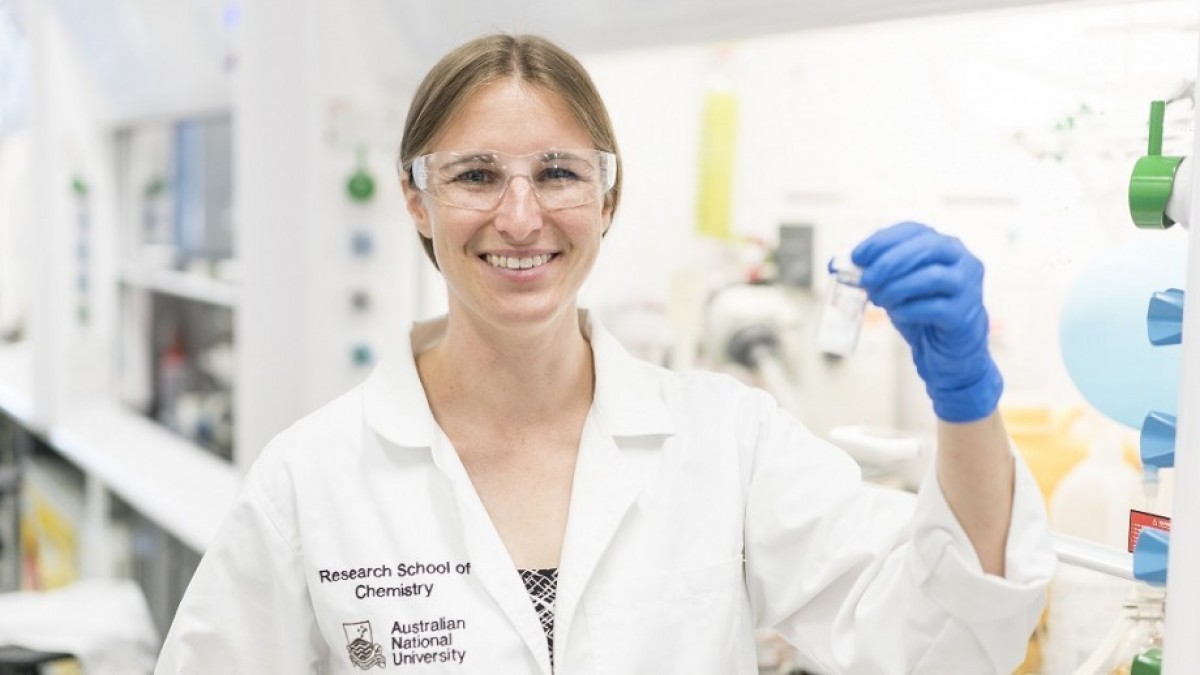Tall Poppy with a broader view of chemistry
Dr Lara Malins has a plan to take on challenges that are bigger than just Chemistry.
Her quiet audacity has seen her named as one of four ACT Tall Poppies, awards that recognise excellence in young scientists.
Lara specialises in the development of designer peptides for therapeutic use. Peptides are large molecules built from amino acids - but smaller than proteins - and occur in myriad natural forms.
“We find new ways to piece together amino acids,” Dr Malins says.
“We take natural templates and fine tune them with transformations that nature doesn’t have, to develop new therapies.”
Already Dr Malins is optimising a peptide which may help combat high cholesterol, inspired by a peptide found in simple plant forms called cyanobacteria.
After a PhD at University of Sydney studying the chemistry of proteins, Dr Malins did post-doctoral studies in California at The Scripps Research Institute with a group that focused on making small but complex molecules. Returning to Australia to head up a group at ANU Research School of Chemistry, she draws on both fields.
“My research treads the boundary, which allows us to tackle problems with tools from both camps. I aim to take on problems that are more complex than just biology or chemistry, for example antibiotic resistance.”
Dr Malins is hoping designer peptides are a route to a new generation of antibiotics and is also exploring alternative malaria drugs.
“Peptides are promising from an application perspective, and being able to help people is a key driver for our research.”
Dr Malins is also keen to help people outside the lab, and has thrown herself into gender diversity projects, such as the ANU Fifty50 project, and engaging with young female students.
“A diversity of opinions is important; the more diversity we have, the more strategies we have for solving problems,” she says.
“I didn’t have any female chemistry lecturers the entire time at University. Being a young female scientist I feel I have an opportunity to be visible.
“I’m teaching first year, and I get a lot of good feedback. I didn’t initially appreciate the impact that would have.”

